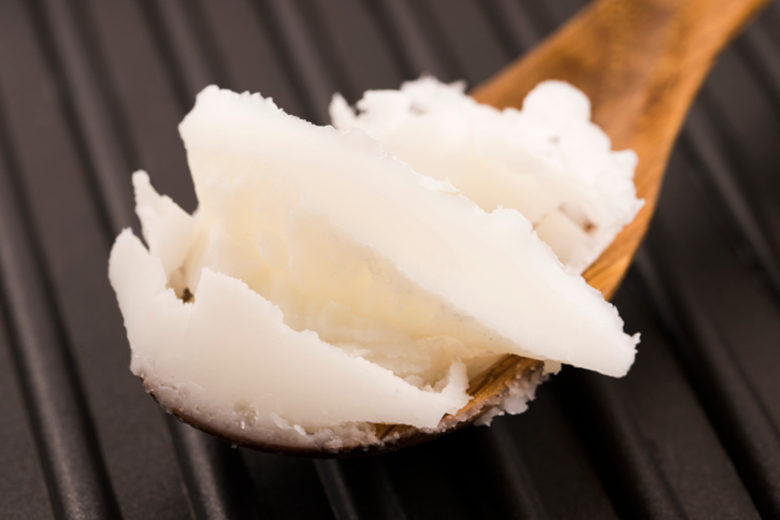
The relationship between saturated fats and increased risk of heart disease has been well-established in the medical literature. In March 2014, however, a systematic review and meta-analysis published in the Annals of Internal Medicine muddied the waters, suggesting that there was limited evidence linking saturated fat to heart disease.
A media frenzy ensued with popular outlets such as the New York Times calling for the return of butter and other saturated fats to our tables. In my own practice, I encountered patients who were getting increasingly confused and sadly disillusioned with all the mixed messages they were receiving. But as it turned out, the study was deeply flawed and was greeted with staunch opposition. One expert, Dr. Walter Willet, chair of the Department of Nutrition at Harvard School of Public Health, called the findings into question.
What are We Substituting for Saturated Fats?
It’s important to note the kinds of foods that we are substituting for those rich in saturated fats, as we remove or limit them from our diets. Most folks do not simply eliminate saturated fat in their diet. Instead, they replace foods rich in saturated fat with something else to keep their calorie intake consistent. For instance, when foods rich in saturated fat get replaced with foods rich in refined and processed carbs (think fat-free cookies and pretzels), the subsequent spike in blood glucose can release a large amount of insulin from your pancreas, raise a form of fat in your blood called triglycerides and lower your HDL cholesterol (the healthy kind). Thus, the replacement of saturated fats with refined carbohydrates can be even more detrimental to health.
On the flip side, when you replace saturated fats with mono- or polyunsaturated fats (for instance: sautéing vegetables in olive oil instead of drizzling them with butter), this can favorably impact your cholesterol levels, i.e. lower LDL cholesterol (the bad kind) and raise HDL cholesterol.
Is Coconut All It’s Cracked up to Be?
Touted by some as the next superfood, coconut’s claim to fame may be because more than half of the fatty acids it contains are medium-chain fatty acids, called MCTs (the fatty acid chains in MCTs have between eight and 12 carbon atoms). Recent studies show that MCTs are more readily oxidized by the body and hence not as easily stored as fat compared to LCTs, or long-chain triglycerides. This could confer an advantage for those trying to lose weight. What is interesting about MCTs is that they are able to bypass a metabolic route in the body that other fats in foods, such as olive oil, cannot.
Eager to cash in on coconut’s many purported benefits, food manufacturers started adding coconut and coconut oil to a variety of commercial products such as spreads, smoothies and creamers. However, the studies in question contained MCTs with eight and 10 carbon fatty acid chains. Since almost half of coconut oil (44 percent) consists of 12-carbon fatty acids, and 16 percent contains 14-carbon fatty acids, the results were not directly applicable to coconut oil. Besides, at about 91 percent saturated fat, coconut oil has the dubious distinction of containing the highest amount of saturated fat among all oils ![]() , outstripping even butter which contains about 68 percent. Saturated fat raises HDL, but unfortunately raises LDL too, so at this time experts recommend that consumers use coconut oil sparingly.
, outstripping even butter which contains about 68 percent. Saturated fat raises HDL, but unfortunately raises LDL too, so at this time experts recommend that consumers use coconut oil sparingly.
Chew on This
That being said, small amounts of saturated fats are acceptable (between 7 to 10 percent of total calories), which amounts to about 140 to 200 calories per day on a 2,000-calorie diet. Since fat yields 9 calories per gram, that is about 15 grams of saturated fat per day.
A tablespoon of butter provides 7 grams of saturated fat, and a half-cup serving of some brands of ice cream can provide 10 to 12 grams of saturated fat. Meanwhile, just one tablespoon of coconut oil has 12 grams of saturated fat! That is how easy it can be to plow through your daily allowance.
The current scientific consensus is that we should replace saturated or trans fats in our diets with unsaturated fats. Experts advise emphasizing monounsaturated fats from olive oil; whole-plant fats from foods such as nuts, avocados or olives; and omega-3 fatty acids from fatty fish, walnuts and flaxseed. Replacing saturated and trans fats with refined carbs will adversely impact cholesterol as well as triglycerides in your blood. Although small amounts of coconut oil may be acceptable, we want to think twice before adding it to every recipe or smoothie.





